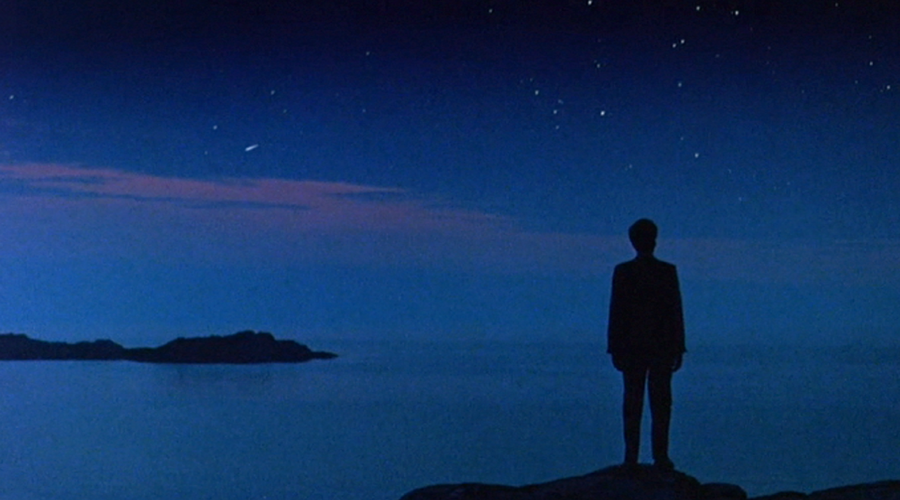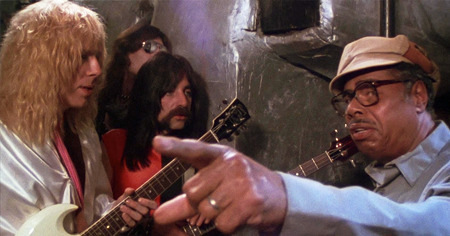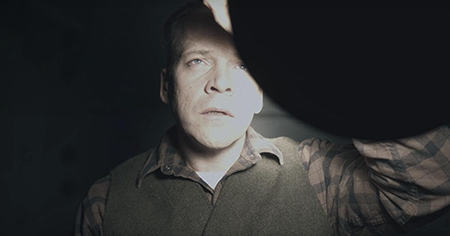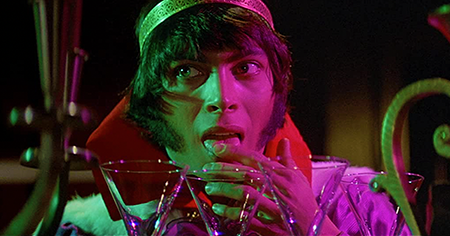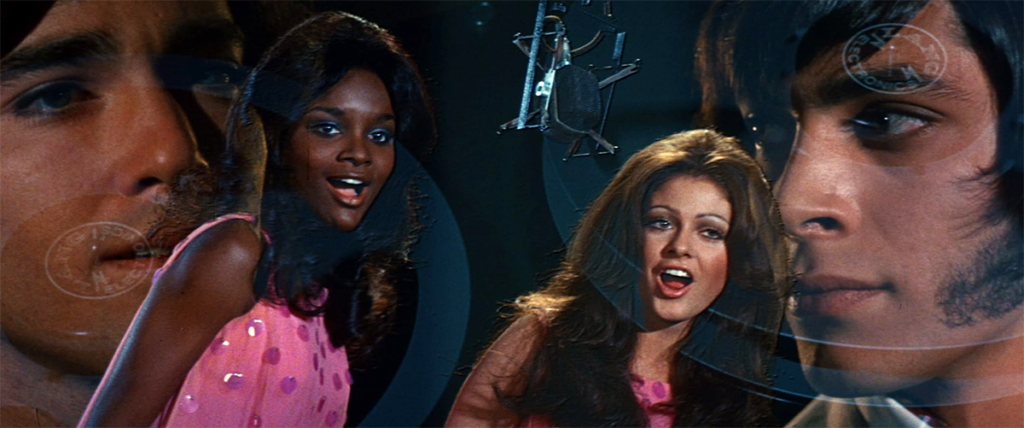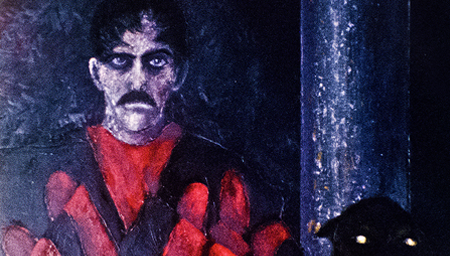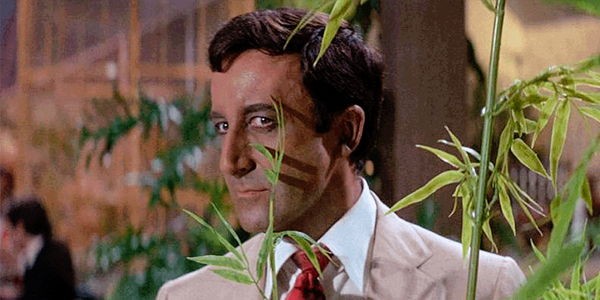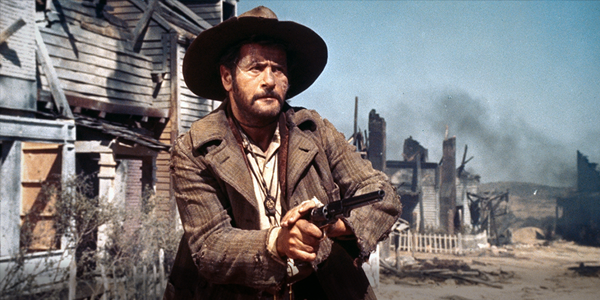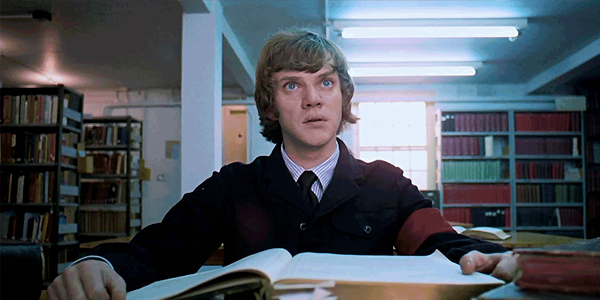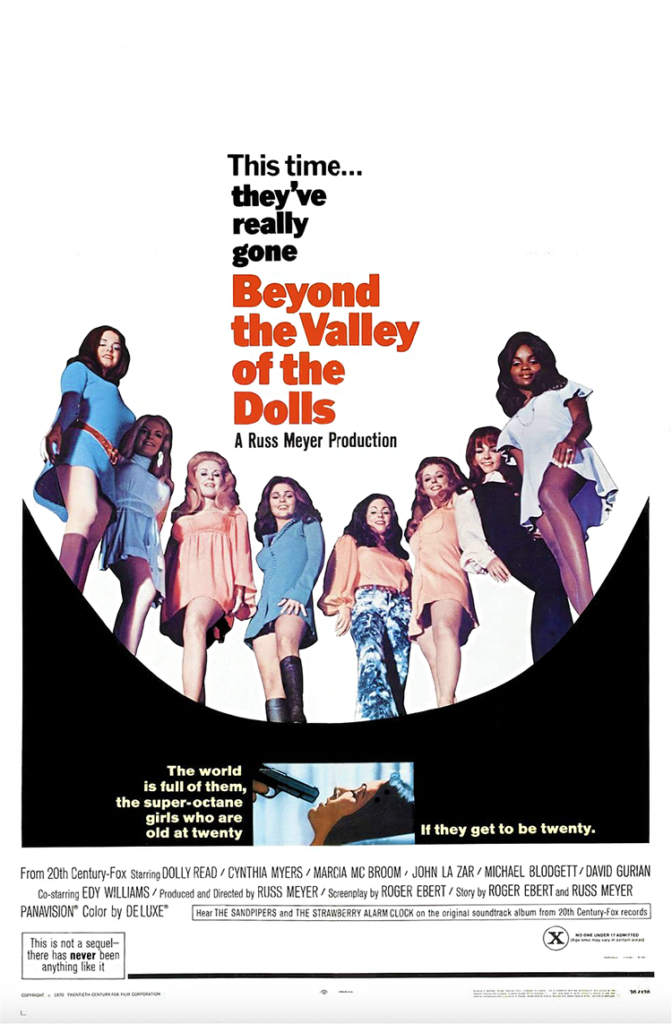Review: Local Hero
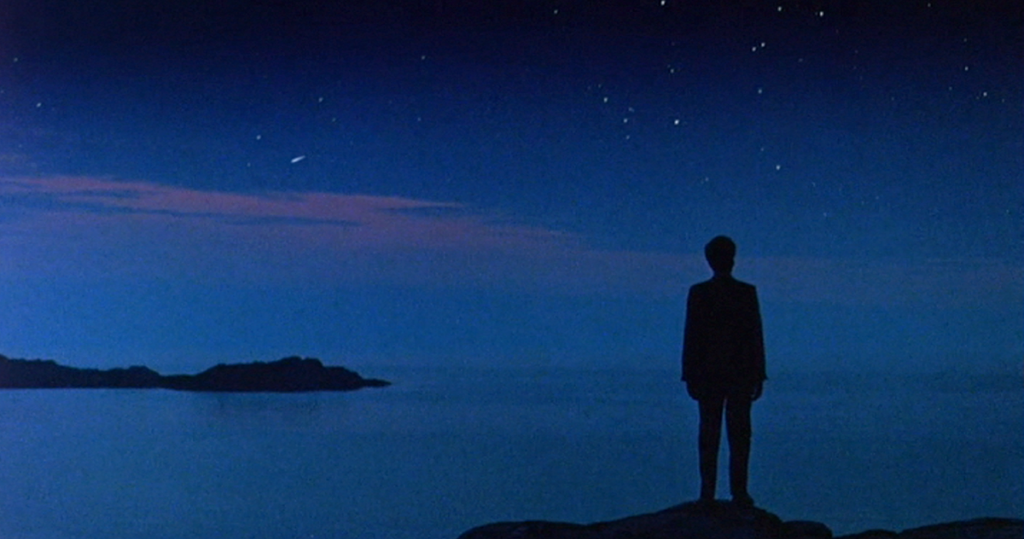
review | Local Hero
also on Cineluxe
The sumptuously shot early-’80s charmer proves to be even more charming—and troubling—seen forty years on
by Michael Gaughn
February 8, 2025
Bill Forsyth’s Local Hero feels like a romantic comedy, but it takes some serious finagling to make it fit within the usual definition of the genre. Peter Riegert’s main character is haunted by a recent failed relationship, which causes him to give his girlfriend’s name to an ill-fated rabbit, and he pines for the innkeeper’s wife without really doing much of anything about it. Hardly the formula for a classic romp about relationships.
True, the innkeeper and his wife rut constantly, which is meant to signal that they’re madly in love (or at least lust), but nothing really happens in their relationship over the course of the film. The over-educated lackey Danny does make some headway with a marine biologist/mermaid, but that’s mainly a lot of talk with little action. Then there’s the storekeeper who’s somehow involved with a Russian fisherman, and the female punker who seems eager to go to bed with just about everybody. But those sub sub-plots are only lightly sketched in.
And yet Local Hero is undeniably a romantic comedy—in part because of all those various low-key dalliances and flirtations but mainly, by a wide mile, because of the way Riegert’s McIntyre, and to a lesser degree Danny, fall in love with the town itself. It’s an unusual strategy but it works, and it works in a way that charmed audiences when the film was first released in 1983 and that makes it just as beguiling today, if not more so.
Maybe the main reason Hero still holds up is that Forsyth creates a complex series of tensions without resolving any of them in the usual ways—in some cases, without resolving them at all. It’s that ability to deal in sentiment without becoming lost in sentimentality, to keep things light while giving the action some bite, to lean toward romance while acknowledging the baseness of human nature, and to resist the genre’s demand for pat resolutions that keeps the movie vital and reveals it, in retrospect, to be a lot more substantial than it seemed at the time.
Forsyth does dig himself a significant plot hole, though, when Burt Lancaster’s oil-company honcho goes through a deus ex machina change of heart, deciding to nix the proposed mega refinery in favor of a research institute. Opting for a bunch of radio telescopes seems more benign, at first, than an outright rape of the land. But it wouldn’t eliminate the cultural co-option and eventual erasure of the town, just slow it down. (Lancaster’s reference to an offshore storage facility is especially ominous.) Furness would inevitably be obliterated by the transition from local to global and become just one more piece of transplanted generic American culture ripe for exploitation—a prospect that’s probably the most bitter aspect of a very bittersweet ending.
If you’ve never seen Hero, be patient. It almost doesn’t make it past its opening scenes in Houston. Forsyth just didn’t have a firm handle on American, Texan, or oil-industry culture, so the beginning feels forced and off-key, with the stuff with the obsequious therapist especially grating. But everything clicks beautifully, and ineluctably, into place once Riegert reaches Scotland.
Local Hero is justly famous for Chris Menges’ cinematography, which isn’t just about making pretty pictures but establishing an environment that’s simultaneously magical and mundane—magical because it’s mundane. Sadly, most online sources only offer the movie in SD—which just makes a travesty of the images. The only HD transfer I could find was on Apple TV, which was faithful enough to the original film and did an especially good job with the subtle pastels of the magic-hour scenes.
This is exactly the kind of film that should have been bumped up to 4K long before now. But it’s full of glorious grain, which helps give the images their warmth and goes a long way toward establishing the sense of epic intimacy. The fear is that, as with so many movies, all that essential grain would get scrubbed away in 4K, making everything feel sterile, like it was under glass.
The night-sky effects shots hold up surprisingly well in HD and would likely survive the added scrutiny of 4K. They’re not completely realistic, and weren’t meant to be, but perfectly straddle reality and the film’s fairy-tale world. And because they’re modest and so carefully interwoven, they don’t feel as obvious or gratuitous as most effects work from the time.
Mark Knopfler’s score still delivers for the most part, although there are a couple of rough patches, like the cue for the landing of Lancaster’s helicopter, marred by that inevitably cheesy early-’80s synth sound, which has all the finesse of a demo track on a Blue Light Special Casio. The music over the closing credits is similarly cringeworthy, thanks mainly to its Men at Work sax solo.
At one point, Riegert’s McIntyre asks, “Can you imagine a world without oil?” That line was sharply ironic in the early ’80s; it’s nothing but painful to hear now in the midst of our double-down ostrich-dominated culture. It could be argued that whimsical films like this one actually help make our oil dependency more palatable by portraying the forces behind it as just a bunch of well-meaning lost souls. It’s a dilemma without any easy resolution. Without that culture, we wouldn’t have Local Hero. With that culture, we’re all doomed to go the way of Furness.
Michael Gaughn—The Absolute Sound, The Perfect Vision, Wideband, Stereo Review, Sound & Vision, The Rayva Roundtable, marketing, product design, some theater designs, a couple TV shows, some commercials, and now this.
© 2025 Cineluxe LLC
PICTURE | Chris Menges’ famous cinematography, which holds up well enough in HD on Apple TV, cries out for 4K—but hands off all that beautiful grain!
SOUND | A little muddy and constricted, like you’d expect in an early ’80s film, but never really distracting
